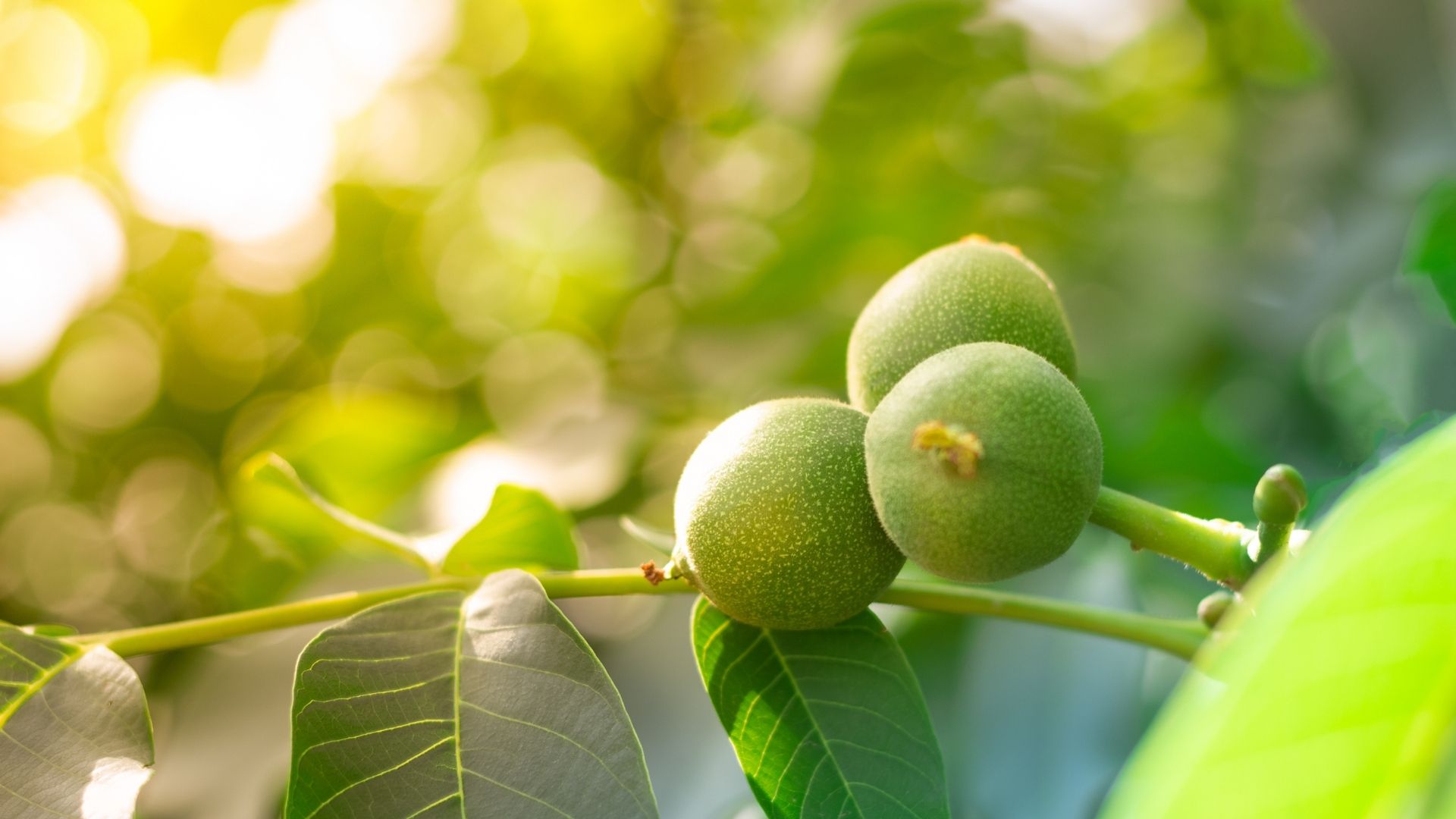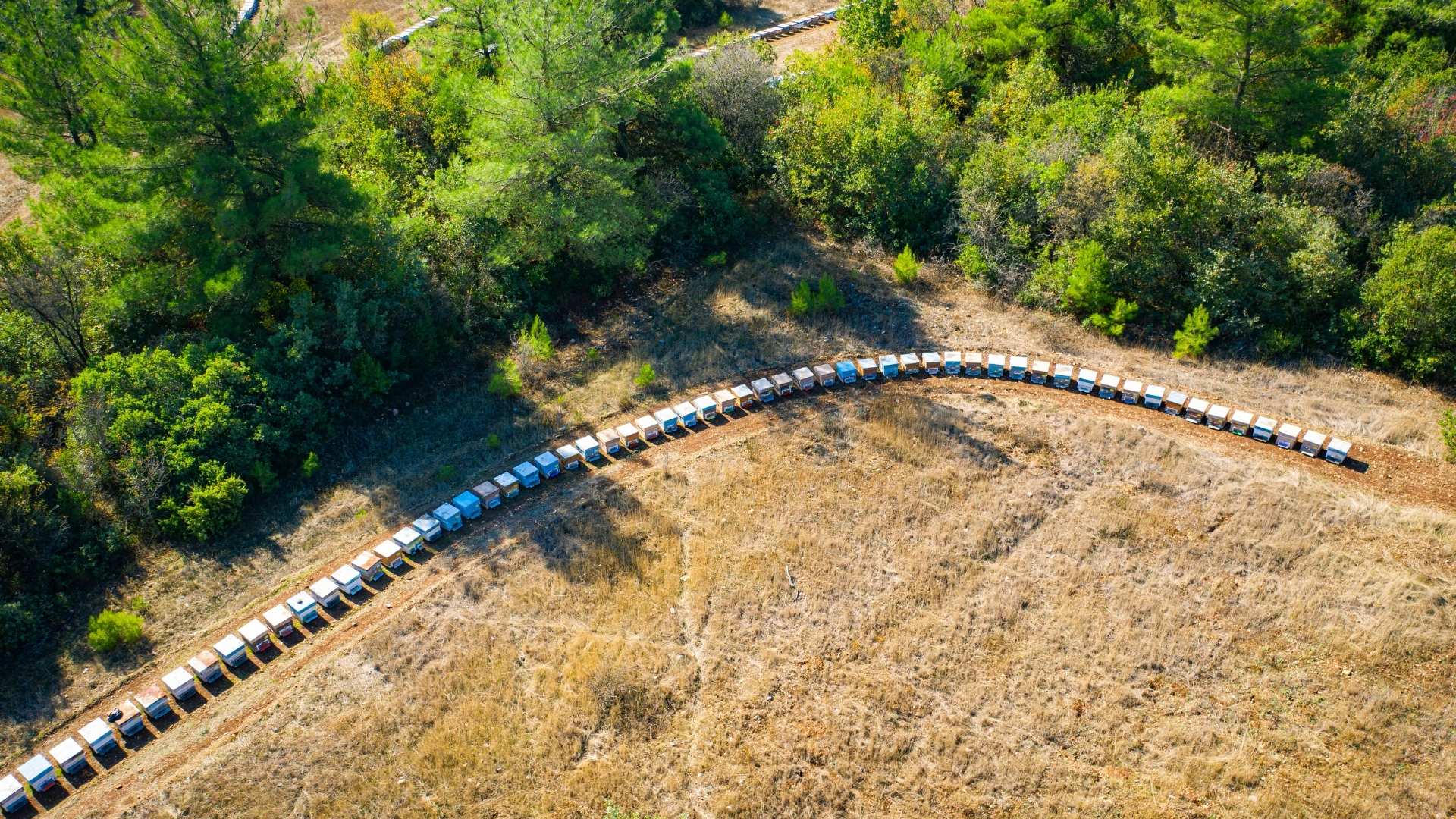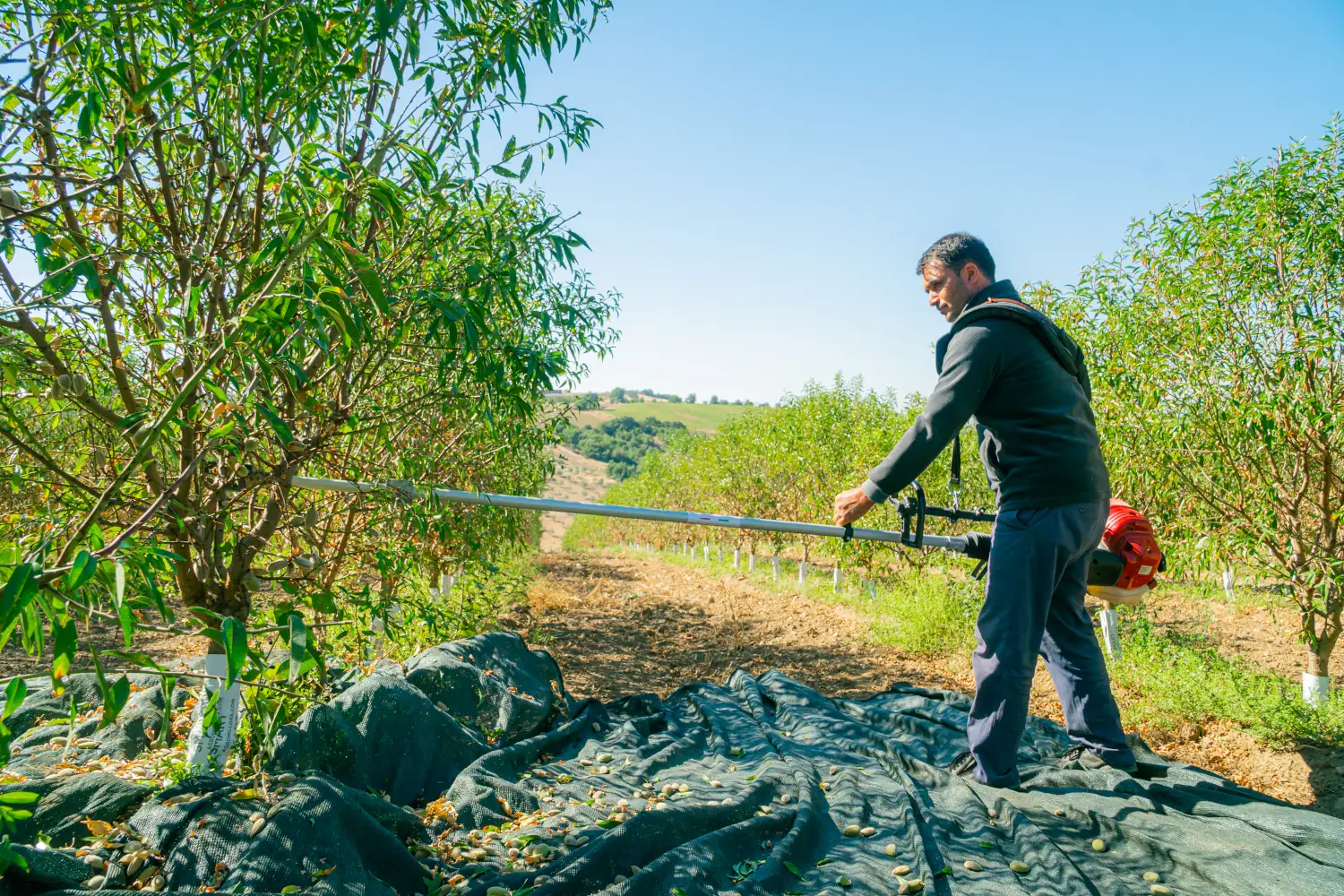
The Lowdown on Investing in Sustainable Agriculture
For investors, effectively managing risk is essential for achieving success. In agriculture, volatility stemming from price fluctuations, supply chain disruptions, and climate change can impact farmland returns. That’s why understanding sustainable investment is crucial for leveraging wealth for positive change and environmental protection. Various avenues for investing in sustainable agriculture offer diverse strategies to align portfolios with personal objectives, values, and risk tolerance levels. Let’s explore the intricacies of investing in sustainable agriculture and see how your money can make an impact while it grows.
What is the sustainable agriculture strategy?
Sustainable agriculture involves farming practices that meet society’s current sustenance needs without harming the ability of future generations to satisfy their own needs. This approach relies on an understanding of ecosystem services. The core objectives of sustainable agriculture are to promote environmental health, ensure economic profitability, and uphold social and economic equity. These key objectives are known as the three pillars of sustainability.
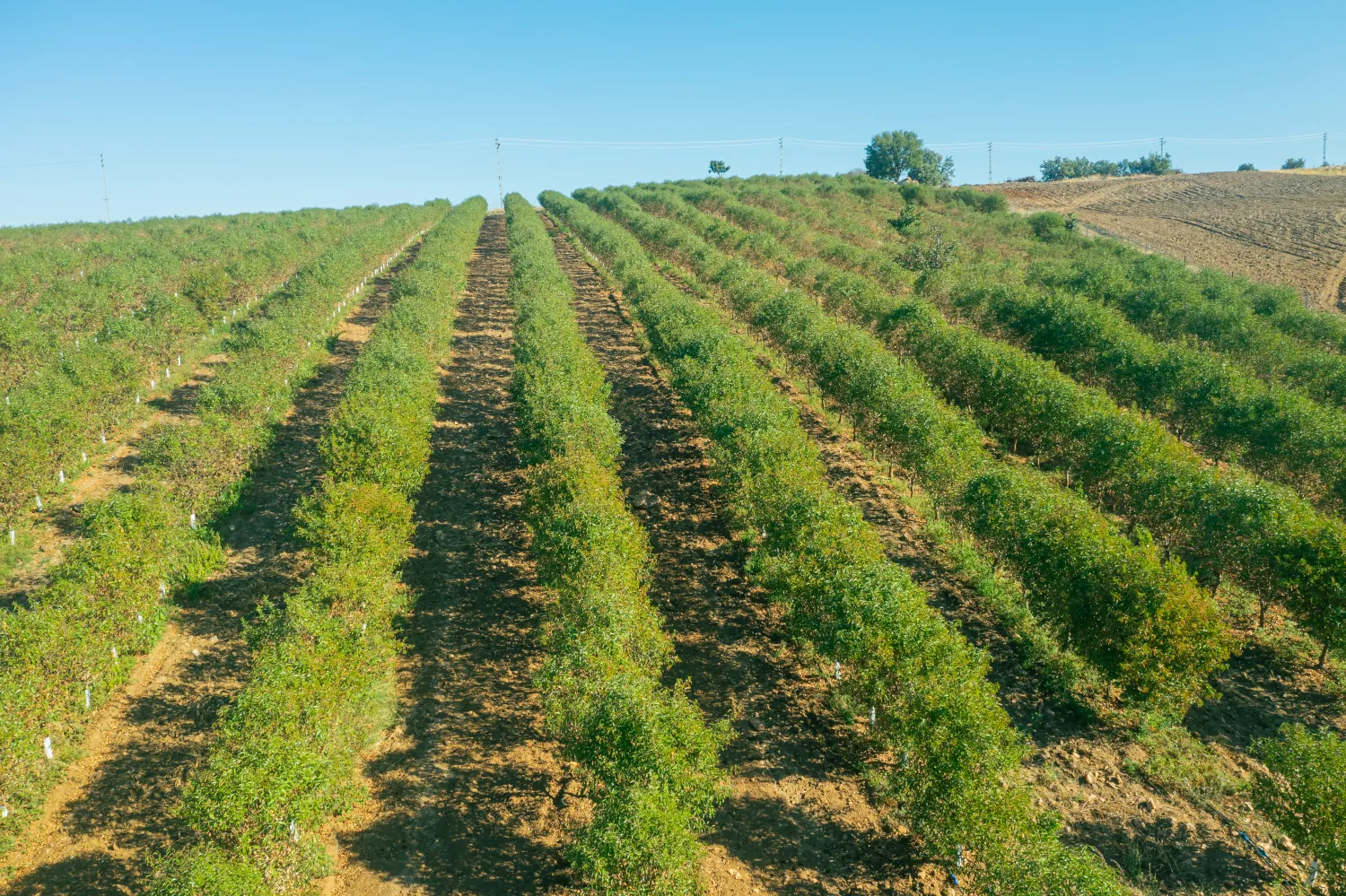
Sustainable Investment Matters
There is a pressing challenge before us: how can we sustain the necessary level of agricultural production to feed the world while upholding the sustainable practices of farms? This question is driving many impact investors to consider investments in sustainable agriculture. The goal is to secure food for billions, establish food practices that have a lasting positive impact, and generate profits.
Investors increasingly recognize the importance of sustainability due to the looming threats of climate change and global warming, which can significantly impact investment portfolios. Companies adopting climate-friendly models are poised to offer attractive investment opportunities as the globe gears towards a low-carbon economy.
Additionally, investors are rejecting agricultural projects that could contribute to biodiversity loss or deforestation, recognizing the potential harm to their reputation and brand value. These trends unfold at a critical juncture when investment is urgently required to establish resilient and sustainable farming practices that preserve soil health, conserve biodiversity, and enhance community well-being.
What Agriculture is Most Sustainable?
The most sustainable agriculture practices vary depending on the context, including the local environment, climate, and socioeconomic factors. However, some general sustainable agriculture practices include:
- Agroforestry: Integrating trees and shrubs into agricultural land, which can improve soil health, water conservation, and biodiversity.
- Crop Rotation: Interchanging the types of crops grown in a particular field seasonally or annually to improve soil fertility, reduce pests and diseases, and enhance biodiversity.
- Cover Cropping: Using cover crops like grasses or legumes during the off-season to protect and enhance the soil.
- Conservation Tillage: Minimizing or eliminating tillage to reduce soil erosion, improve water retention, and preserve soil structure and biodiversity.
- Integrated Pest Management (IPM): Uses biological, cultural, physical, and chemical methods to manage pests, aiming to minimize economic, health, and environmental risks.
- Water Conservation: To minimize water use and improve water efficiency, implementing drip irrigation, rainwater harvesting, and drought-resistant crops.
- Organic Farming: Using natural inputs and practices to maintain soil fertility, control pests, and manage weeds while avoiding synthetic chemicals and GMOs.
- Agroecology: Applying ecological principles to agricultural systems to create sustainable and resilient farming practices.
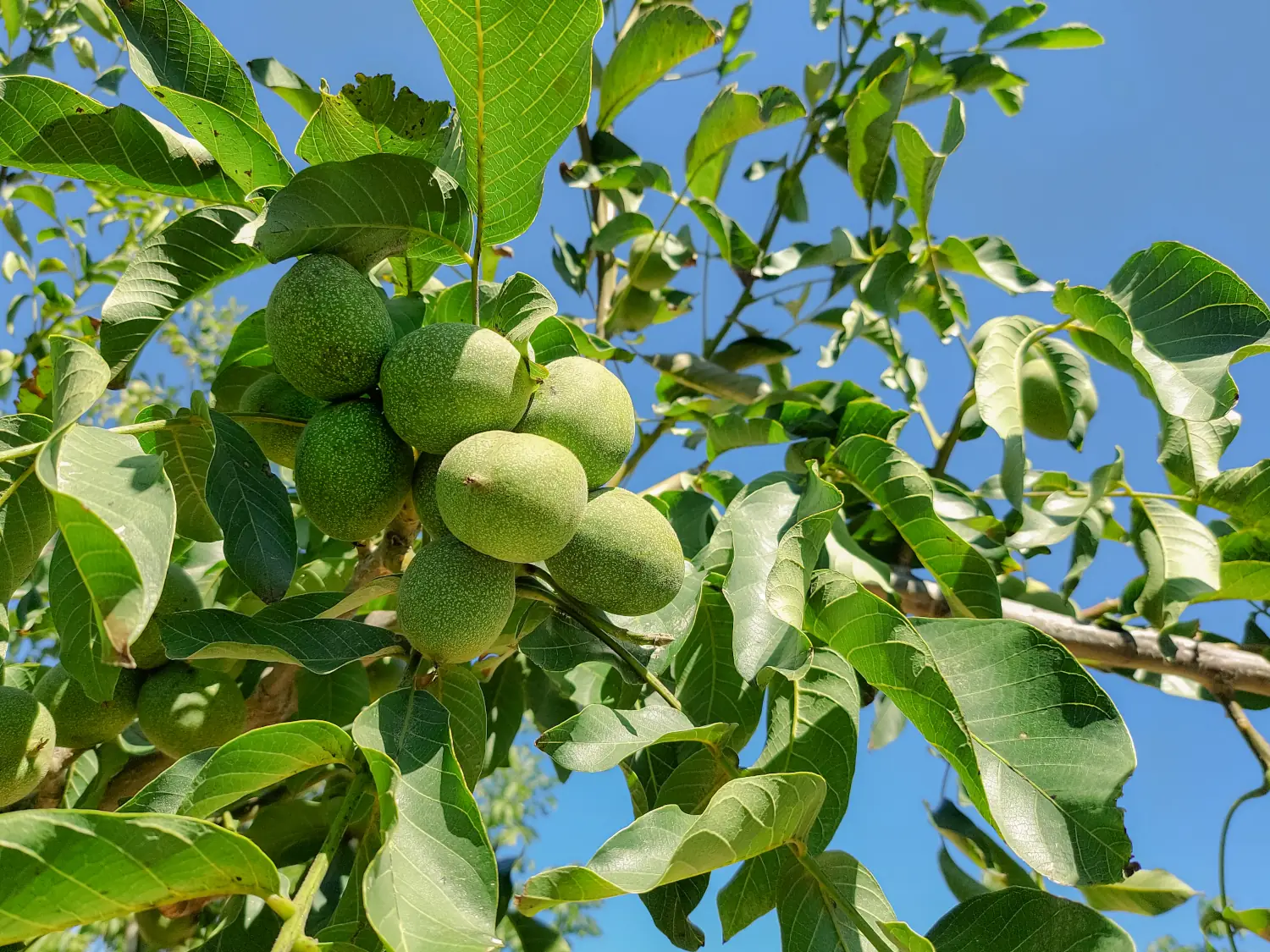
Benefits of Investing in Sustainable Agriculture
As the value of sustainable business practices and sustainability, in general, becomes more widely recognized, investments focusing on clean and green practices are yielding superior returns. These investments demonstrate an ability to adapt to our environment, which is increasingly crucial.
Investing in sustainable agriculture offers several benefits, including:
- Environmental Benefits: Sustainable agricultural practices help to conserve ecosystems, decrease the emission of greenhouse gases, and safeguard biodiversity.
- Social Benefits: Sustainable agriculture promotes fair labor practices, supports local communities, and ensures access to healthy food for all.
Economic Rewards: Investing in sustainable agriculture can be financially rewarding, as it often leads to higher yields, lower input costs, and increased market demand for sustainably produced products. Over the past 20 years, companies with high Environmental, Social, and Governance (ESG) values have consistently shown resilience and growth. Even during the economic challenges brought about by the COVID-19 pandemic, ESG stocks outperformed the market, demonstrating their long-term viability and profitability.
What is the distinction between organic and sustainable agriculture?
While both aim for environmental friendliness, organic and sustainable agriculture are notably different. Understanding these differences is crucial in realizing that organic farming can be part of a diverse set of sustainable agricultural practices, but it is not a requirement.
How to Invest in Sustainable Agriculture
Invest4Land offers a unique opportunity to invest in sustainable agriculture, providing a platform for individuals to contribute to environmentally conscious farming practices. By partnering with Invest4Land, investors can support walnut farming projects in Turkey, focusing on sustainable land management, efficient water usage, and ecologically sound farming methods. We invest in irrigation systems, large farm equipment, value-added facilities, and other assets to enhance our operations and get the highest returns for our investing partners. With Invest4Land, investors can align their financial goals with their values, supporting a more sustainable future for agriculture.
Our Sustainability Ethos
At Invest4Land, sustainable investing is more than just a buzzword; it’s integral to assessing opportunities and risks. As a leading agricultural real estate company in Turkey, we prioritize eliminating pesticides and hazardous chemicals and enhancing soil carbon sequestration. We collaborate with expert farmland managers for a holistic approach to sustainable agriculture, aiming to produce healthy food on healthy soil with minimal external inputs. We strive to set a positive example for investing in sustainable agriculture, ensuring market-rate financial returns for investors while preserving biodiversity, preventing land degradation, and promoting sustainability on our walnut plantations.
Investing in Sustainable Agriculture is Just One Click Away
Investing in sustainable agriculture offers a promising opportunity to support environmentally friendly practices, promote social responsibility, and achieve financial returns. However, reaching greater agricultural sustainability requires the involvement of enthusiastic investors. If managed correctly, investors can earn substantial profits while simultaneously achieving progress on essential issues such as climate change and sustainable development. Investors have the power to alter the entire globe and now is the moment to act, so contact us to make a difference.


